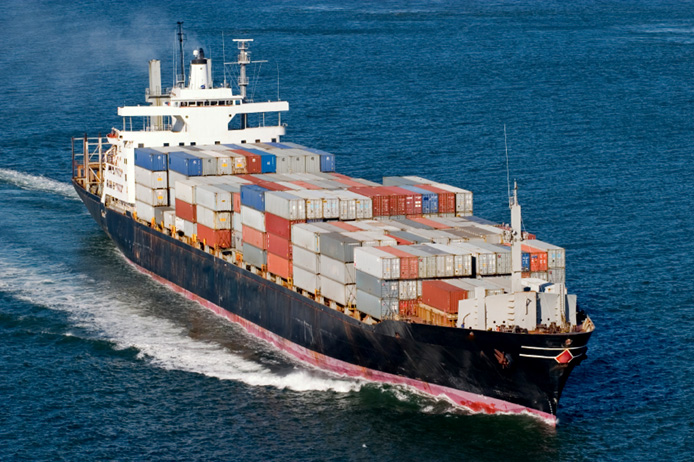The CARICOM Secretariat has revealed two new projects meant to improve customs and trade for member states of the CARICOM Single Market and Economy.
The first project aims to synchronize the customs laws and procedures of each member state. Bernard Black is Senior Project Officer for customs and trade policy at the CARICOM Secretariat. He spoke with the press on Thursday, May 26th outlining the existing situation.
“We have an urgent need to have customs laws and regulations that are harmonized; not identical but very close to each other in member states.
“The reason for that is we are operating a single market and moving towards a single economic space. When goods move from one country to the next, there must be a certain level of predictability for the traders: those receiving and the shippers. To achieve that, we need to have customs procedures which are almost identical.
“We also have the issue of companies spreading their business interests across member states through the right of establishment. We have people moving as well- the officials of those businesses who expect that when the goods arrive at the destination, they will be treated similarly to their own country. It is important that we set up that environment of predictability.”
He says, currently, customs clearance times differ from country to country by as little as 48 hours to as long as an entire week.
He referenced the World Bank’s Doing Business in the World Report which ranks countries in the world based on ease of trade.
CARICOM states are spread out throughout the list; the highest ranking CARICOM state comes in at 52 out of 183 and the lowest at 128.
Black says that gap is too wide.
“What it’s telling us is that our policies are not harmonized. Ideally, we want to be in one cluster in the top third as closely as possible.
“The Harmonized Customs Legislation is near completion. We have [sat and discussed it] and the final draft was sent to member states for confirmation and later approval of the legal affairs committee of CARICOM.”
The second project is a review of customs tariffs and rules of origin.
“The Common External Tariff (CET) is a trade policy instrument and what member states have agreed on to manage our trade intra-regionally and to manage trade with [other] countries. The rate structure of the CET allows us to do that in a way where there is some kind of protection for our local manufacturers and the goods that we have in abundance so that we can trade them more freely across borders. Those that are from [other] countries, we have placed a slightly higher rate. Generally, the goods on which we have higher rates are agricultural products because that’s what we have in abundance in CARICOM.
“We need to review the Common External Tariffs to make it more responsive to modern trading practises.

He says the tariffs currently in use were developed in the 70s.
Rules of origin are the criteria needed to determine the national source of a product. Their importance is derived from the fact that duties and restrictions in several cases depend upon the source of imports.
Black says the project related to CARICOM rules of origin is under development.
“We have a spread of resources across CARICOM that could come together to make one product and right now we are not exploring that possibility enough. In fact, we call it production integration. So if Suriname has a raw material and Trinidad and Barbados have other components of it, the raw materials can be brought to one location and the rules of origin can be developed in such a way that when the final item is produced, it qualifies and satisfies CARICOM origin and status.”
He says, it’s a just a matter of time before the rules of origin are updated based on ongoing work by the technical experts.
These projects are being funded by the 10th European Development Fund.





